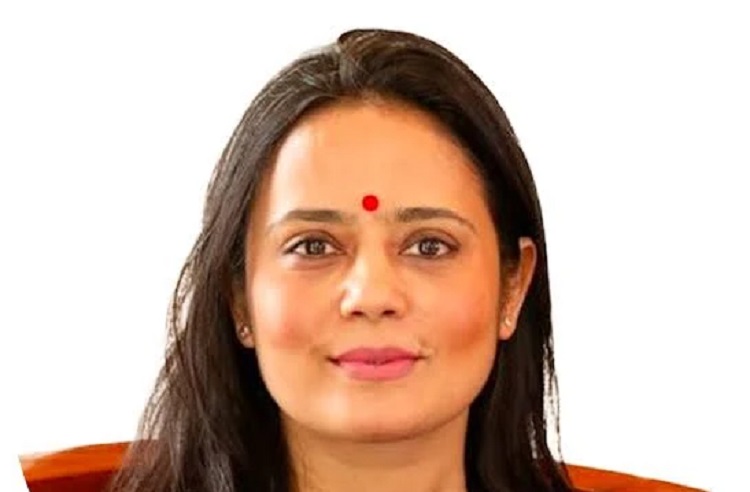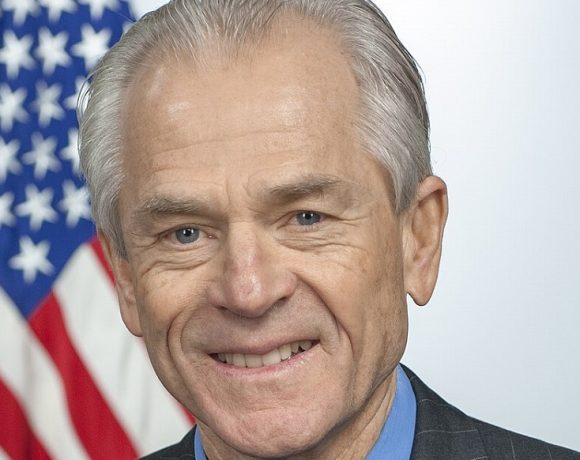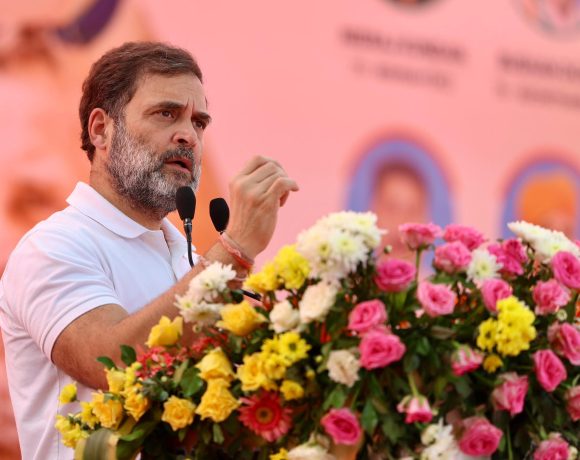
Supreme Court Strike: Mahua Moitra Challenges EC’s Voter Roll Revision in Bihar
Trinamool Congress MP Mahua Moitra has approached the Supreme Court seeking a stay on the Election Commission’s Special Intensive Revision (SIR) of the electoral rolls in Bihar. The revision process, she argues, is a “great danger to democracy” and a “crazy exercise to disenfranchise”, particularly targeting the poor, youth, and migrant populations.
Mahua Moitra
In her petition, Moitra has highlighted the introduction of eleven new document requirements under the June 24 directive. Significantly, it omits widely held identification documents like Aadhaar, ration cards, and even voter ID cards. She warns this could disenfranchise between two to three crore voters, especially those born between 1987 and 2004, and claims the process is designed to exclude politically inconvenient populations. According to her plea, the SIR violates Articles 14, 19, 21, 325, and 326 of the Constitution as well as key provisions of the Representation of People Act and Registration of Electors Rules. Moitra further alleges that the Election Commission is behaving “like an arm of the BJP”, using bureaucratic procedures to manipulate voter rolls.
EC Revision
The Election Commission has defended its move as a lawful and overdue administrative update. It argues that the special revision is the first of its kind since 2003 and is necessary to account for urban migration, deaths, and other demographic shifts. The Commission insists that the process is transparent, participatory, and legally sound. It also clarified that voters already present in the 2003 electoral roll will not need to furnish parental birth certificates, addressing one of the primary concerns raised by critics.
Voter Rights
The revision drive has triggered a strong backlash from the INDIA bloc in Bihar, with parties like the RJD, Congress, and CPI-ML uniting to oppose the move. They argue that revising rolls for eight crore people in the middle of the monsoon within 25 days is impractical and exclusionary. Leaders have voiced fears that the process could result in large-scale voter deletions, particularly affecting Dalits, minorities, and migrant workers. Tejashwi Yadav warned that wrongful deletions could even disrupt access to social welfare schemes. Critics have drawn parallels between this and the controversial NRC process in Assam, calling it an attempt to “intimidate and manipulate” the electorate.
What Lies Ahead
The Supreme Court is now set to weigh in on whether the EC’s Bihar voter list revision is constitutional. The verdict could have far-reaching consequences—not just for Bihar, but for other states, especially West Bengal, where fears are growing that a similar exercise could be introduced before the 2026 state elections. Moitra’s challenge may thus prove pivotal in defining the future of voter rights and electoral integrity in India.


















